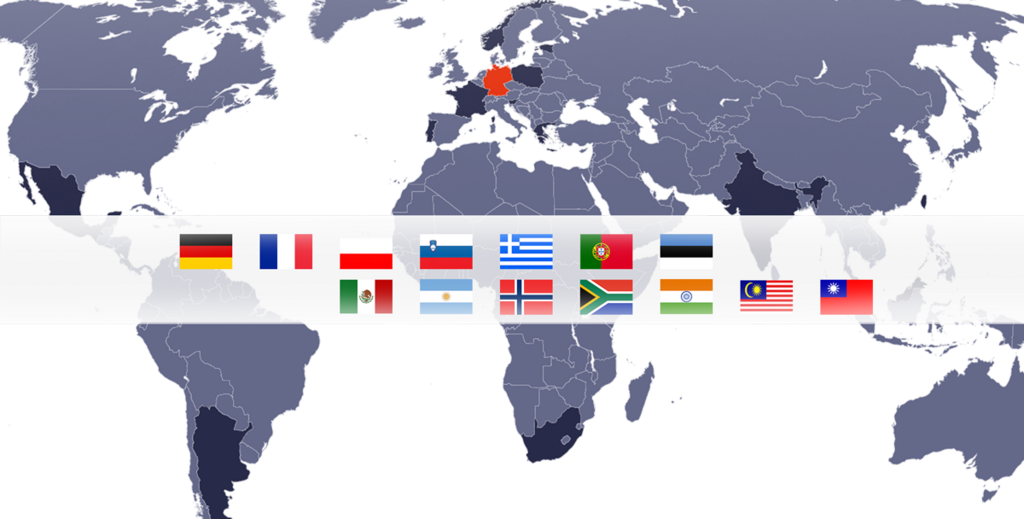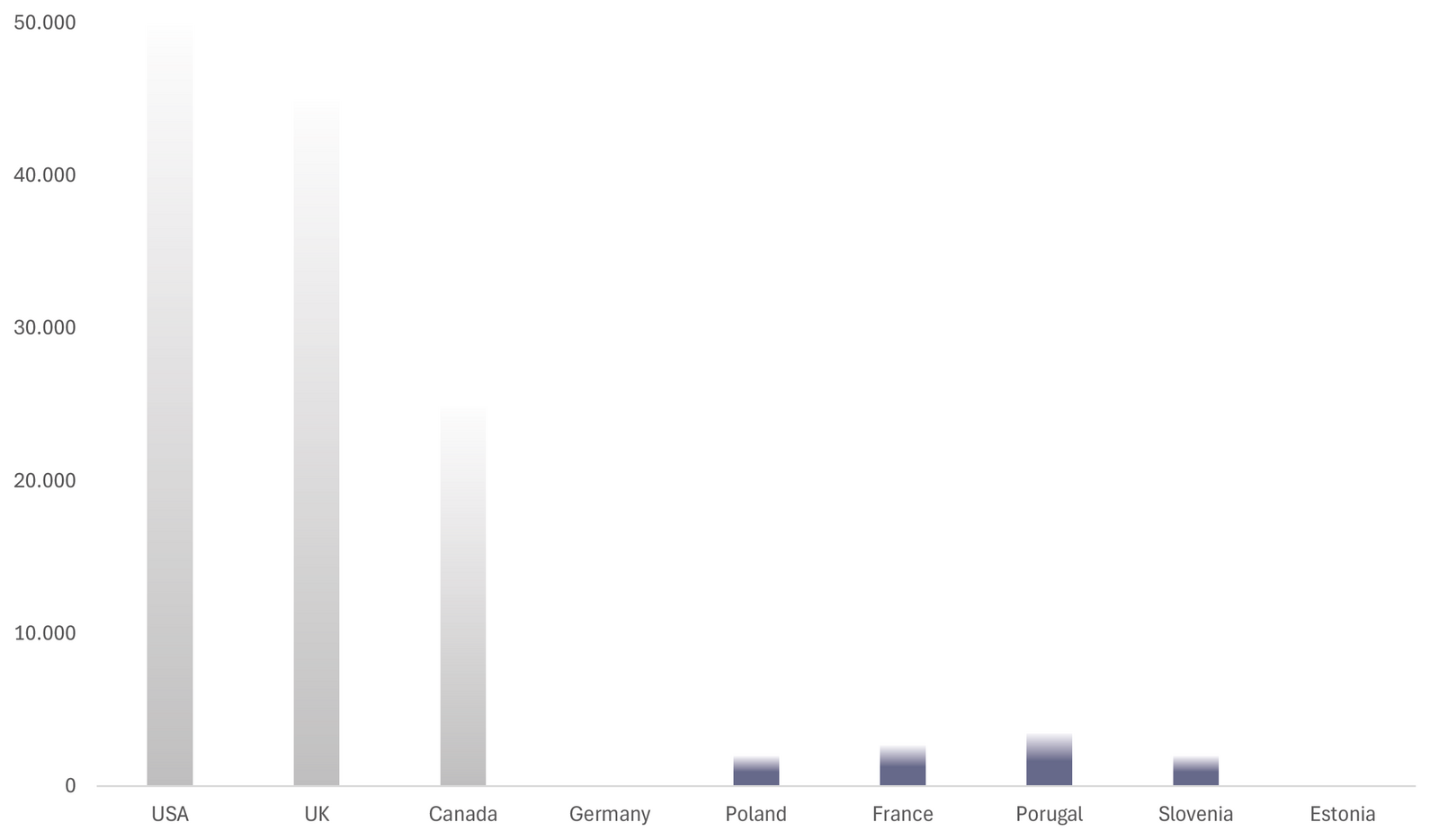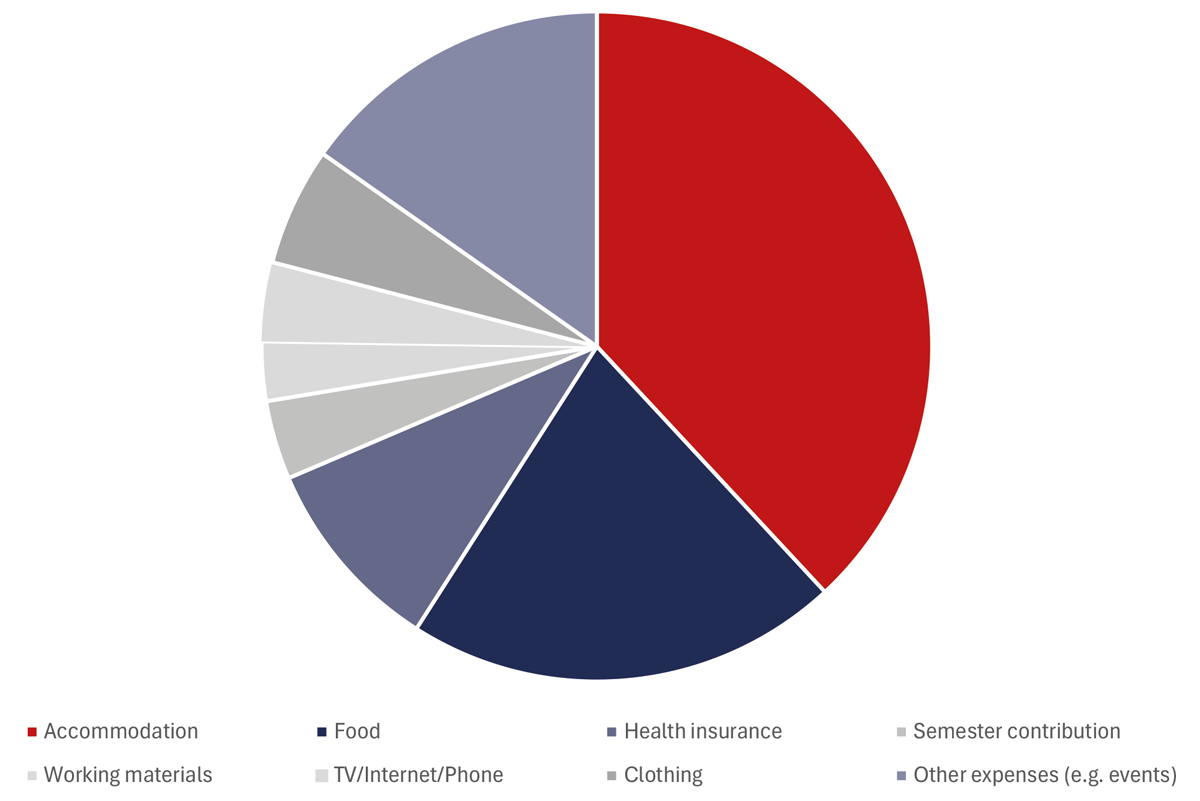Flash News hier!
The cheapest country to study abroad
Some of the best places to study are also the most affordable ones!

Countries with low tuition fees in Europe
Some say cheap, others say affordable. No matter what you say, if you plan to study aboard you should first realise that studying abroad can quickly cost tens of thousands of euros, dollars and pound, especially in trendy countries like the USA, Canada and the UK.
A strict contrast is set by countries like Germany, Norwey, France and for some even Poland. In Germany - for example - locals but also foreign or international students can study 'for free'. Yes, for free! Most universities do not charge any tuition fees, the so-called "Studiengebühren". The only fee is the "Semesterbeitrag" or "Semestergebühr"; a semester contribution charged for public transport (nationwide or limited by the state you study), events, support of student associations, dicounts for students (e.g- cultural events, cinemas,.., Mensa). Only € 100 - € 350 for each semester.
Another interesting example is Estonia. Like Germany, Estonia does not differentiate between locals, EU or international students. Studying is free in Estonia + Germany.
However, other countries like Greece, France and Portugal, students can also calculate with affordable living costs and tuition fees. In Greece, most universities charge tuition fees of € 1,000 - € 3,000 euros (Bachelor's courses). Poland also.

"In Europe, non-EU students should calculate with € 1,500 - € 3,500 per year. USA, Canada and UK quickly cross the 15+ border!"
LIVING COSTS AND OTHER EXPENSES
If you plan to stay in your choosen country for longer than one semester, non-educational costs and expenses play a significant role. Metropolises like New York, London or Paris are far from cheap. A room can quickly cost € 900 and more (+ epensive restaurants, supermarkets,...)
In comparison, metropolises such as Munich, Warsaw and Losboa can be a better choice. In Germany, for example, rooms for students are already available for € 250 - € 500. Prices for food in supermarkets are comparatively low. Restaurants with known label or independent restaurants offer meals for € 5 - € 15. In Poland, Portugal or Slovenia, living can even be a bit more affordable. Outside the metropilises, accommodation and other living costs are often lower than in Germany. Rooms in student appartments start at € 200. Flats at € 300.
However, if you prefer the metropolises (Munich, Berlin, Frankfurt - or - Warsaw, Lisboa, Paris,...), your expenses should be highered by at least 20%.

"Expenses for accomodation, social or educational activities, clothing, food and other (hidden) costs should be kept in mind."
How to study in Germany as a 'foreigner'?
For 'foreigners' - or better: international students - the first question is whether the individual and local qualification will be recognized in another country, e.g. Germany. If you consider to study abroad, you should have gained a university entrance qualification. International degrees such as the IB or an international Advanced Level (Edexcel or Cambridge) are often also accepted by universities in another country. Secondary school degree, Jun. high or high school diplomas or other local degrees are often not fully recognized. Once you have checked if your budged allows you study in your choosen country, your should follow up by checking the acceptance of your individual university entrance qualification.
Good news is that most universities are responsible for recognizing degrees, (secondary) school leaving certificates and adacemic credits. So, why not first asking the international office of your choosen university?
In Germany, a typical entry and admission requirement is a combination of local secondary school leaving certificates, German language certificates and the so-called Feststellungsprüfung "FSP", an exam to check the suitability of international students for studying in Germany. To be able to pass the FSP, most international students join a Studienkolleg like the Studienkolleg Paderborn. There, students are prepared for their studies and the FSP.
For the Studienkolleg, you should have an accepted school leaving certificate and a German language certificate of language level B1 or higher. Those who cannot provide a language certificate (B1 or higher) can apply for the Studienkolleg ab A2.
"A Studienkolleg offers 'pre-study' programs with courses suited to international students."
Our Courses
We offer T-Courses (technical), W-Courses (business), German and Pre Courses.






